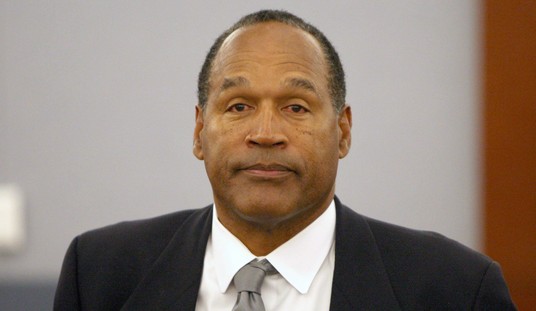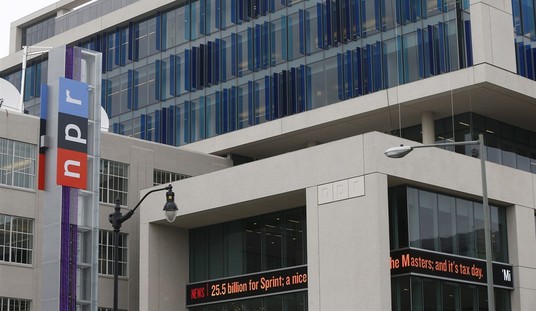The New York Times has an article today about all the rural red-state conservatives who criticize the welfare state while relying on government benefits. Although the article does not say so directly, it implies a level of hypocrisy from someone who advocates changes to these programs while also accepting payments from them.
[Gulbranson] says that too many Americans lean on taxpayers rather than living within their means. He supports politicians who promise to cut government spending. In 2010, he printed T-shirts for the Tea Party campaign of a neighbor, Chip Cravaack, who ousted this region’s long-serving Democratic congressman.
Yet this year, as in each of the past three years, Mr. Gulbranson, 57, is counting on a payment of several thousand dollars from the federal government, a subsidy for working families called the earned-income tax credit. He has signed up his three school-age children to eat free breakfast and lunch at federal expense. And Medicare paid for his mother, 88, to have hip surgery twice.
There is little poverty here in Chisago County, northeast of Minneapolis, where cheap housing for commuters is gradually replacing farmland. But Mr. Gulbranson and many other residents who describe themselves as self-sufficient members of the American middle class and as opponents of government largess are drawing more deeply on that government with each passing year.
The article goes on to explain how more and more safety net money is going towards maintaining the middle class. This makes sense, since Social Security, Medicare and Medicaid are growing every day, all while eating larger percentages of the federal budget. These programs are cited frequently in the Times article.
Recommended
The ostensible point of this article is to showcase examples in which real life gets in the way of ideology (at least, that's what it seems when the interviewed subjects concede that life would be difficult without assistance, and maybe higher taxes are needed after all). But buried in page three is another point, one that I wish the article emphasized more:
Medicare’s financial problems are much worse than Social Security’s. A worker earning average wages still pays enough in Social Security taxes to cover the benefits the worker is likely to receive in retirement, according to an analysis by the Urban Institute. Social Security is still running out of money because the program must also support spouses who do not work and workers who earn lower wages. But Medicare’s situation is even more dire because a worker earning average wages still contributes only $1 in Medicare taxes for every $3 in benefits likely to be received in retirement.
A woman who was 45 in 2010, earning $43,500 a year, will pay taxes that will reach a value of $87,000 by the time she retires, assuming the money is invested at an annual interest rate 2 percentage points above inflation, according to the Urban Institute analysis. But on average, the government will then spend $275,000 on her medical care. The average is somewhat lower for men, because women live longer.
The government, in that case, would be spending more than three times as much on a person's medical care than the person put in. The (slightly) good news about this is that it indicates that we have a prosperous society-the more prosperous and healthy a country is, the more expensive people become to treat since they live longer and require more healthcare as they age. But it isn't mathematically possible to go on like this forever, or even much longer. Defense cuts won't cover it, and all the tax increases a politician could want won't cover it. If these programs aren't changed, then this will be one of the last generations that is fortunate enough to receive that much government assistance.
























Join the conversation as a VIP Member